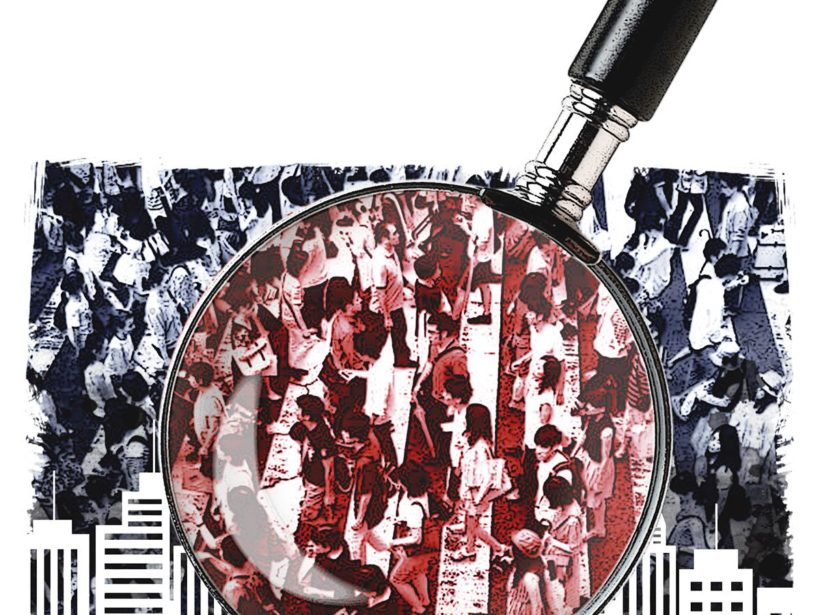We only know bits and pieces of information. The most important things are left in the dark.
In developing countries, it often happens that the authorities decide public policies on the basis of the convenience of like-minded sectors. This manipulation of priorities is usually done without taking into account statistical information or serious and verifiable social research, which amounts to diagnosing and proposing treatment without bothering to examine the patient. Research into the figures that define the real profile of society in all its aspects, as the UN Human Development Reports attempt to do, is an activity on which the most important decisions for a nation are based. But sometimes this research does not exist, or if any of it is found, searching from dependency to dependency, it is most likely outdated, incomplete or – to make matters worse – incorrect.
This is why political analysts, as well as economic scholars eager to comment on the future – and even politicians proposing actions to fix some of the myriad problems afflicting the population – suffer from a tremendous lack of specificity in their analysis and strategies. In other words, they shoot buckshot in case they suddenly hit the target.
The lack of reliable official information is a serious problem. More than that, it is serious. It affects not only any projection of concrete actions but also touches a sensitive part of national sovereignty since there is no basis against which to compare the data handled by financial institutions and international organisations, which carry out their own research and whose reports form the basis for discussion at the negotiating tables where the future of the third world is decided.
If for no other reason than this, it would be worth paying attention to the issue of official statistics and the correct and technically reliable handling of the data on which such important decisions as fiscal policy, the allocation of resources for education, health, and housing services, and strategies aimed at attracting foreign investment depend. The search for accuracy in any country’s figures is a matter of the utmost urgency. The results of such research form the basis for the design of a strategic platform that is consistent with a country’s reality, and less speculative about its real and specific possibilities for economic and social development.
According to calculations of reports from international organisations and local governments regarding illiteracy levels, population growth, increase in the incidence of AIDS, infant mortality, clandestine abortions, drug addiction and water shortages, it seems that the countries of our continent and those others that accompany us in the vast Third World sector, we are faced with constant statistical deception. The reality is always different and that is why, in such extremely complex societies, information adjusted to reality is a vital resource for the authorities and decision-makers to know the true topography of this dark and unstable terrain through which we travel.
Without up-to-date and accurate information, we will continue to be blind-sided.










